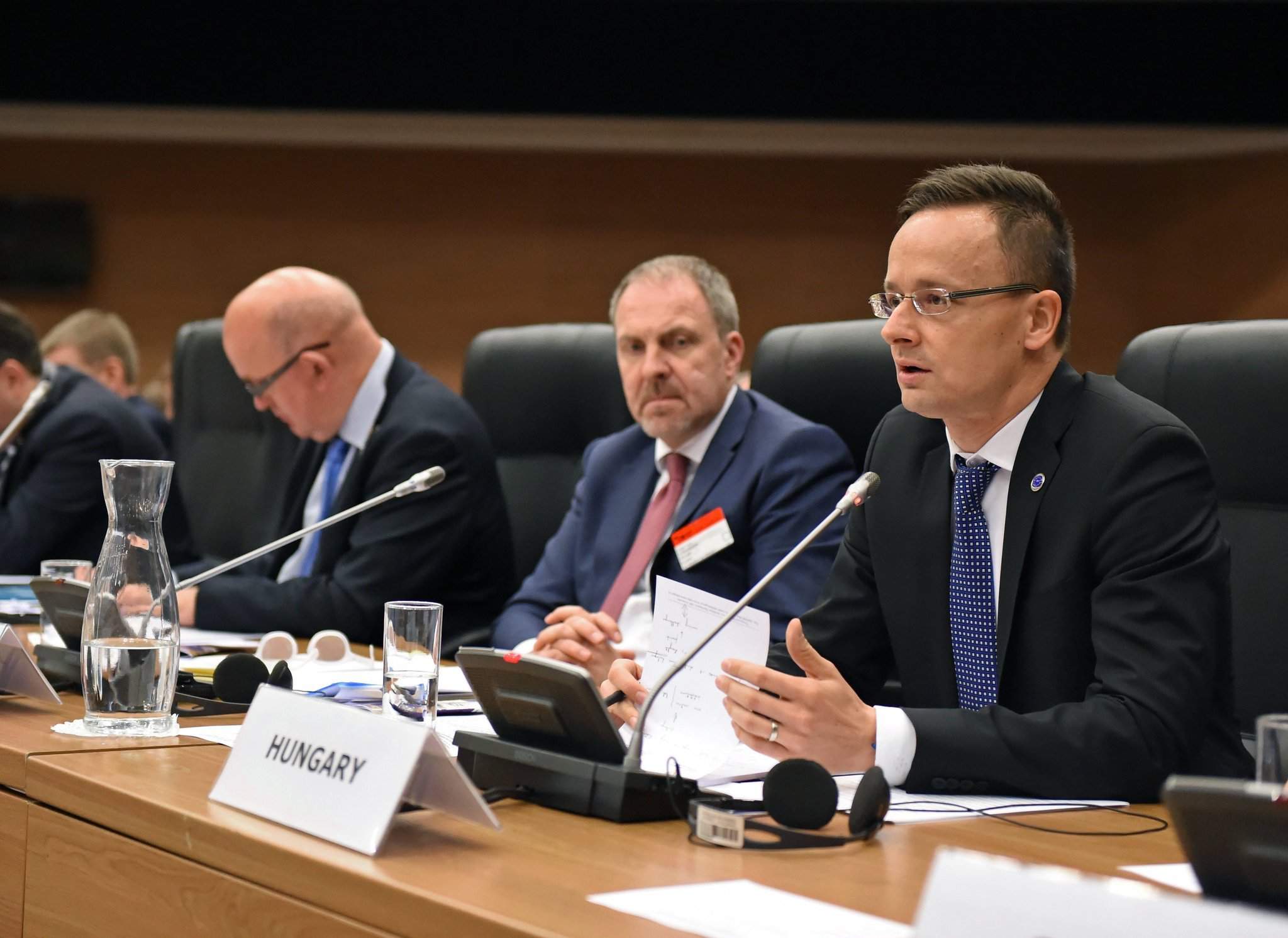Foreign minister: Europe’s challenges confuse certain countries, institutions

Budapest, May 19 (MTI) – The historic challenges currently faced by Europe have “deprived certain European countries and institutions of their common sense”, Hungary’s foreign minister said on Friday.
Speaking to MTI by phone from the sidelines of a meeting of the Committee of Ministers of the Council of Europe in Cyprus, Péter Szijjártó said European countries should be focused on honest and candid talks with one another “in these challenging times”.
“We believe that in times of such serious challenges and crises, European countries and institutions should focus on pursuing honest, candid and sincere talks with one another instead of using European institutions to single out certain European countries and mount unfair and unjustified attacks against them and make false accusations against them …” the minister told MTI.
Szijjártó lamented that countries that directly point out the threats facing Europe and offer real solutions to them were the ones being pressured.
“On the issue of migration, for example, the countries being attacked continuously are the ones that have made it clear that migration is a security issue and refuse to take in illegal migrants,” Szijjártó insisted.
On the sidelines of the meeting, Szijjártó had talks with Witold Waszczykowski, his Polish counterpart, and quoted him as saying that Poland would not provide assistance to any political attacks and would refuse to support that European institutions should threaten certain members states with application of Article 7 of the EU Treaty.
Szijjártó met Sergey Lavrov, the Russian foreign minister, and indicated Hungary’s wish to start negotiations concerning possible gas supplies from Russia after 2021.
At a meeting with Didier Burkhalter, the Swiss foreign minister, Szijjártó was informed that the Swiss government is ready to continue provision of its subsidies for less developed countries of the EU beyond 2017.
Szijjártó also met his counterparts from Macedonia, Montenegro, Serbia, and Moldova.
Photo: MTI
Source: MTI

